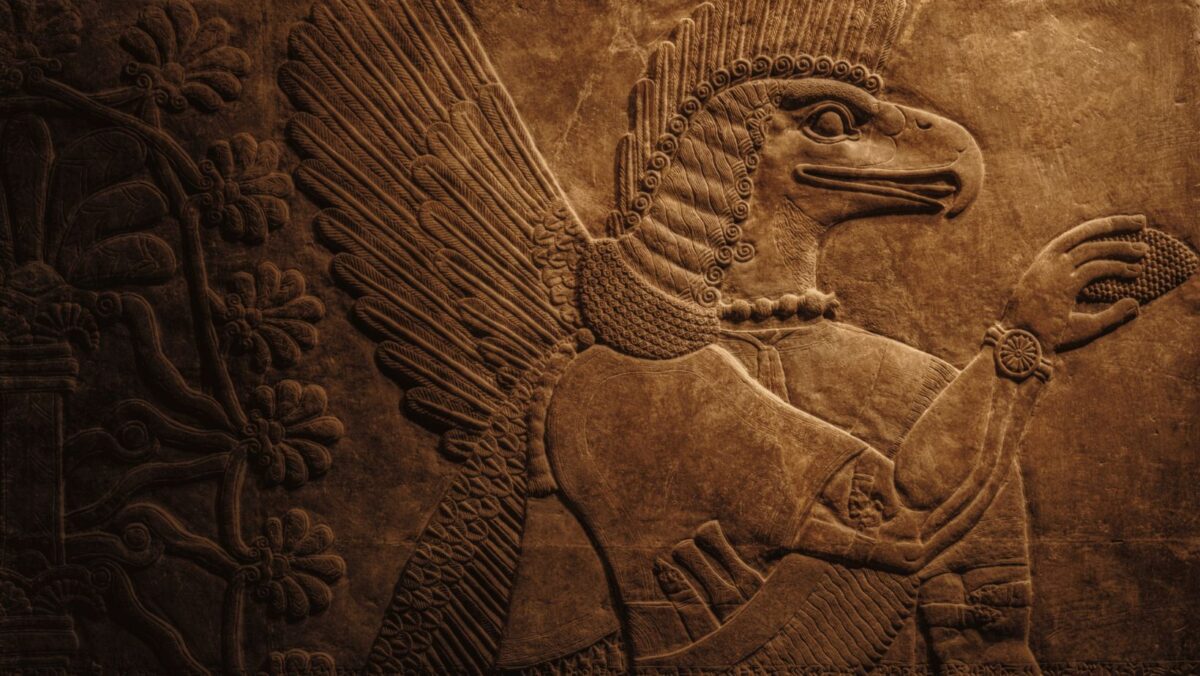For centuries, symbols have played a crucial role in communication, identity, and branding. Among the many cultural influences that continue to shape modern design, ancient Greek symbols stand out as some of the most enduring. From famous fashion houses to tech giants, the legacy of Greek heritage remains deeply embedded in the visual language of brands worldwide.
Greek civilization was known for its advancements in philosophy, science, and art. However, one of its most influential contributions to global culture is its writing system. The greek alphabet was more than just a means of recording information; it was a foundation for intellectual development and artistic expression. Today, many brands borrow from this ancient script to evoke a sense of tradition, prestige, and timelessness.
Luxury brands, in particular, have long understood the power of classical references. High-end fashion labels frequently incorporate Greek motifs, inspired by ancient architecture and art, into their logos and branding. This association with history and sophistication creates an aura of exclusivity, making their products more desirable. By using Greek-inspired symbols, companies tap into a cultural memory that resonates with customers seeking elegance and refinement.
Beyond fashion, the technology and finance industries also utilize Greek symbols in their branding. Many companies use Greek letters or mythological figures in their logos and names to suggest innovation, strength, and intelligence. The letter “Σ” (sigma), for example, often appears in financial institutions’ branding, symbolizing summation, efficiency, and growth. Similarly, companies in the academic and scientific fields frequently reference Greek heritage to project authority and credibility.
Typography plays a crucial role in branding, and many businesses adopt typefaces influenced by Greek inscriptions. The sharp angles and geometric precision of classical Greek lettering create a sense of stability and reliability. These qualities make Greek-inspired typography particularly popular in industries that require trust and professionalism, such as law firms, universities, and consulting agencies.
Another reason for the continued use of Greek symbols in branding is their universal recognition. The greek letters used in mathematics, physics, and philosophy are familiar to people across cultures, making them effective tools for global brands. Alpha (Α) and Omega (Ω), for instance, are often used to signify leadership and completeness, making them powerful branding elements for businesses that want to stand out.
Greek mythology also plays a significant role in branding. Many companies adopt names and imagery from legendary Greek figures to establish strong brand identities. Nike, one of the world’s most successful sportswear brands, derives its name from the Greek goddess of victory, reinforcing its association with athletic excellence. Similarly, brands like Hermes and Apollo capitalize on their mythological roots to communicate speed, power, and luxury.
In the digital age, branding goes beyond logos and typography. Visual storytelling has become an essential aspect of marketing, and Greek symbols provide brands with a deep well of historical and cultural narratives to draw from. By incorporating ancient elements into modern design, companies create compelling brand stories that connect with audiences on a subconscious level.
Despite the ever-changing nature of design trends, the influence of Greek culture remains strong. The ability of Greek symbols to convey history, prestige, and intellectual depth ensures their continued presence in branding across industries. Whether through subtle typography choices or bold logo designs, Greek heritage continues to shape the way brands communicate their identity to the world.

